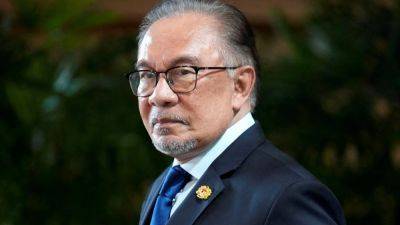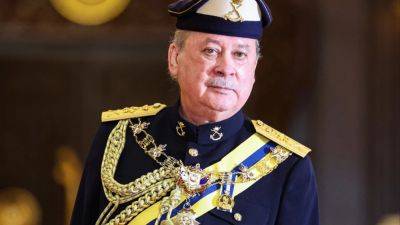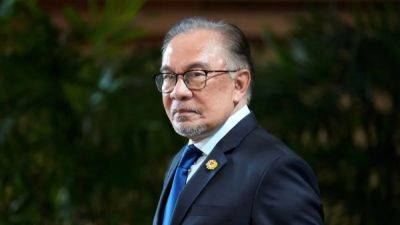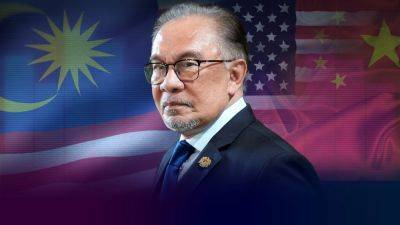As China ties deepen, Malaysia’s Anwar Ibrahim says geopolitics is no zero-sum game
“If they have compelling evidence to suggest that any company or any country is causing mischief, then all right. They should adduce evidence,” he said.
“But otherwise, we will not succumb to that sort of pressure. It is no longer neocolonialism or colonial rule. We are an independent nation.”
China ranked as Malaysia’s top trading partner for a 15th straight year in 2023, while the US has retained its spot as the Southeast Asian nation’s top investment partner over the same period.
Anwar said it made sense for Malaysia to ramp up ties with China, a country “willing to accommodate and listen” to his nation’s suggestions and concerns.
This included helping to build Malaysia’s digital economy, renewable energy and AI capacities, as well as greater Malaysian involvement in joint ventures, he said.
“They have been most receptive and they collaborate well, and they are frank and [make] no display of arrogance,” Anwar said.
“That’s why … [we are] seen to be a bit closer to China. The exchange between ministers, between party leaders, between students and researchers, [is] because of [China’s] response [to Malaysia’s engagements].”
Anwar conceded that Malaysia had in the past been saddled with “lopsided” Chinese deals, but said it was less to do with China and more an issue of “poor governance” by his predecessors.
But Anwar was confident of better deals moving forward, buoyed by his optimism that China would soon rebound despite its slower-than-expected post-pandemic recovery.
China’s gross domestic product rose 5.3 per cent in the first quarter of 2024 from a year earlier, but analysts have flagged an unbalanced recovery that is heavily reliant on manufacturing and exports – sectors that could be directly affected by US sanctions.
“It’







